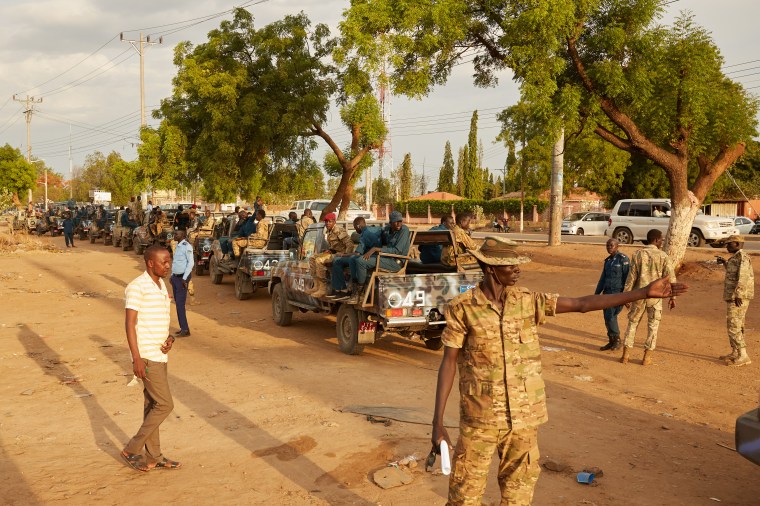On October 16, 2020, agents of South Sudan’s National Security Service (NSS) arrested Bullen Alexander Bala, a reporter with the privately owned Juba Monitor newspaper, as he worked to report on student protests at the University of Juba, according to an Eye Radio report published on October 17 and an individual familiar with the arrest who spoke to CPJ on the condition of anonymity for fear of reprisal.
The agents covered Bala’s face and took him to the Riverside NSS facility in Juba where he was questioned, had his phone seized, and was threatened with undefined consequences if he spoke about his experience before being transferred to the nearby Malakia police station, according to the same anonymous individual and an Eye Radio report published on October 30.
According to the same anonymous individual and an Eye Radio report published on October 19, 2020, Bala was released on October 19 and authorities accused him of entering the university without permission and showed him a charge sheet that he could not read because it was in Arabic. Authorities forced Bala to reveal his phone’s password, deleted the photos and recordings from the protest, and as of December 9, 2020, have yet to return it, the same individual said. In early December, the same individual said there had been no follow up from authorities concerning the charges.
Separately, on October 27, 2020, security forces detained at least five journalists from Equator Broadcasting Corporation, Radio Miraya, Juba Monitor, Al-Mougif newspaper, and the South Sudan Broadcasting Corporation for six hours before releasing them the same day, according to an article published in Juba Monitor on October 28, which CPJ reviewed, a report published by Eye Radio on October 30, and an individual who spoke to CPJ on the condition of anonymity for fear of reprisal. The journalists were arrested while working to cover a press conference called by the Central Equatoria State’s Chamber of Commerce, according to the same media reports.
CPJ’s calls in October 2020 to Elijah Alier, chairperson of South Sudan’s Media Authority, and Sapana Abuyi, the Media Authority’s director general for information and media compliance, as well as to Information Minister Michael Makuei Lueth did not connect.
